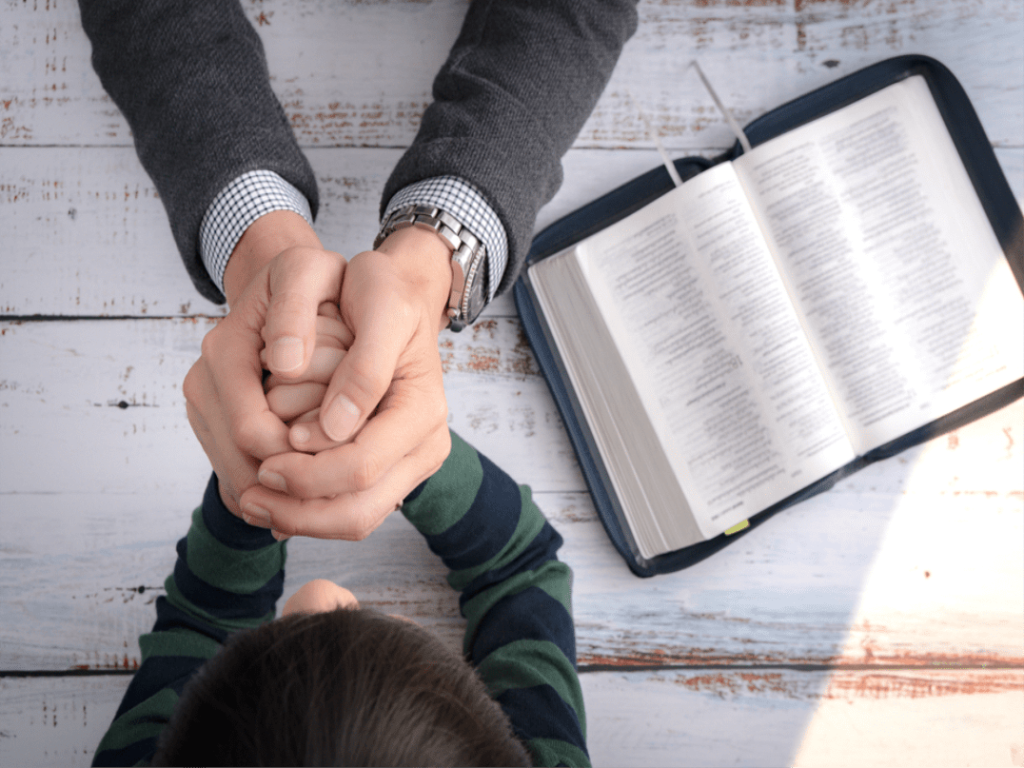Hello! If you’re learning Arabic, it’s important to know how to say the word “mama.” In Arab culture, a mother holds a very high status. She is the heart and mind, and respecting her is a duty. In this article, we’ll answer the question, “how do you say mama in arabic?” and learn about the different words Arabs use to say “my mother.”
Common Terms for Mother in Arabic
There’s more than one way to say “my mother” or “mama” in Arabic. Each word has a different usage, and some are specific to a certain region.
- Omm (أم) or Ommi (أمي):
- This is the standard and most widely accepted term. “Omm” means “mother” in general, and you can find it in formal writing and literature. “Ommi” means “my mother,” and it’s a deeply personal term used by people of all ages.
- Example: “I love my mother very much.” أحب أمي كثيراً – ʼuHib ʼummee katheeran
- Mama (ماما) or Mami (مامي):
- This term is understood worldwide and is often the first word children use to address their mothers. It’s a casual, affectionate term you can hear throughout the Arab world, especially in the Levant (Lebanon, Syria, Jordan, Palestine).
- Example: “Mama, can you help me?” – ماما، هل يمكنك مساعدتي؟ – mama, hal yumkinukee musaaʻadatee
- Yummah (يمّه) or Ommah (أماه):
- These terms are common in the Gulf and Iraqi dialects. “Yummah” is often used to get your mother’s attention, similar to saying “Oh, mother!”
- Example: “Yummah, I’m hungry.” – يمّه، أنا جائع – yumma, anaa jaaʼiʻ
- Youm (يوم) or Yamo (يامو):
- These words are specific to certain regions of Syria. “Youm” is a term of endearment and respect, while “Yamo” is more common in Damascus.
- Example: “Yamo, when do we go?” – يامو، متى نذهب؟ – yaamoo, mataa naTHhab
- Al-Walidah (الوالدة) or Walidah (والدة):
- This is a highly respectful and formal term. Using “Al-Walidah” shows great reverence and is often used when speaking about one’s mother to a third person, or when speaking to a mother in a very respectful way.
- Example: “My mother is fine, thank you.” – الوالدة بخير، شكراً لك – alwaaldeh, bkhair, shukran lak
The Importance of Mothers in Arabic Culture
Arabic moms are the foundation of every family. The mother raises generations, takes care of the home, and supports all family members. They are revered as a source of love and wisdom. In Arab culture, people say, “Paradise is under the feet of mothers.” This famous proverb shows the great importance and status of the mother.
Mother’s Day
Many Arabs celebrate Mother’s Day on March 21st each year. On this day, children give gifts to their mothers and show them all their love and appreciation. This celebration is an opportunity to express thanks and respect for a mother’s efforts.
What About the Fathers?
Now that we’ve learned everything about the mother, what about the father? The father also holds a very high status.
- Ab (أب) or Abi (أبي): This is the formal word for father.
- Example: “My father is my role model.” – أبي هو قدوتي – ʼabee hua qudoatee
- Baba (بابا): This is the common word for father in all Arab countries. “baba” in arabic language is a very easy and beloved word.
- Example: “Can I play with you, Baba?” – هل يمكنني أن ألعب معك، بابا؟ – hal yumkinunee ʼan alʻab maʻak, baba?
- Arab fathers are responsible for protecting the family and providing everything their children need.
Conclusion
Now you know how to say “mama” in arabic in more than one way. All of these words express love and respect. Understanding these words and using them correctly is an excellent step toward learning the Arabic language and understanding Arab culture and traditions.
If you are ready to continue your journey, download the Kaleela App today! With Kaleela, you can learn Arabic in a fun and effective way and discover more fascinating cultural topics like this one.



